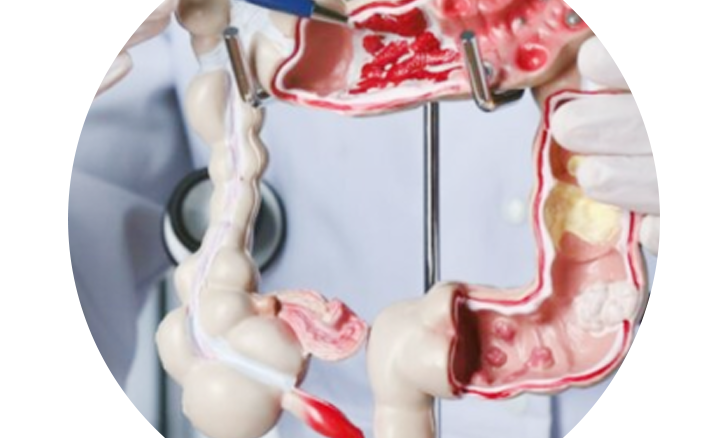Gastroenterology is a medical specialty that focuses on the health of the digestive system. The digestive system is responsible for breaking down and absorbing the food we eat, and it plays a critical role in maintaining our overall health and wellbeing. In this post, we’ll explore some of the most common gastroenterology illnesses in Africa and around the world, their treatments, and how you can receive top-quality care from the leading gastroenterologists at Royal London Polyclinic.
Irritable Bowel Syndrome (IBS)
IBS is a common gastrointestinal disorder that affects the large intestine. It is a chronic condition that causes a range of symptoms, including abdominal pain, bloating, and changes in bowel habits. The exact cause of IBS is unknown, but it is believed to be related to an overactive immune system or changes in gut bacteria.
Treatment for IBS often involves lifestyle changes, such as avoiding trigger foods, increasing fiber intake, and reducing stress. Medications such as laxatives, antidiarrheals, and antispasmodics may also be prescribed to manage symptoms.
counseling, and minimally invasive procedures. Our team is dedicated to providing personalized care that addresses each patient’s unique
Gastroesophageal Reflux Disease (GERD)
GERD is a condition where stomach acid flows back into the esophagus, causing heartburn and other uncomfortable symptoms. It is a common condition that affects people of all ages, and it can be caused by a variety of factors, including obesity, pregnancy, and hiatal hernias.
Treatment for GERD typically involves lifestyle changes, such as avoiding trigger foods, losing weight, and quitting smoking. Medications such as antacids, proton pump inhibitors, and H2 blockers may also be prescribed to reduce the amount of acid in the stomach.
Peptic Ulcer Disease
Peptic ulcer disease is a condition where open sores develop in the lining of the stomach, small intestine, or esophagus. It is caused by a bacterial infection or long-term use of nonsteroidal anti-inflammatory drugs (NSAIDs).
Treatment for peptic ulcer disease involves antibiotics to clear the bacterial infection, as well as medications to reduce stomach acid production. In severe cases, surgery may be required to repair the ulcer.
Inflammatory Bowel Disease (IBD)
IBD is a group of chronic conditions that cause inflammation of the digestive tract. The two most common types of IBD are Crohn’s disease and ulcerative colitis. Both conditions cause a range of symptoms, including abdominal pain, diarrhea, and weight loss.
Treatment for IBD may involve a combination of medications, such as corticosteroids, immunomodulators, and biologics. In severe cases, surgery may be required to remove damaged sections of the digestive tract.
Colorectal Cancer
Colorectal cancer is a type of cancer that develops in the colon or rectum. It is one of the most common types of cancer in the world, and it is often diagnosed in people over the age of 50.
Treatment for colorectal cancer may involve surgery to remove the cancerous tissue, as well as radiation therapy and chemotherapy. Regular screening and early detection can improve the chances of successful treatment.
At Royal London Polyclinic, we are committed to providing the highest quality care for all types of gastroenterology illnesses. Our team of leading gastroenterologists are experienced in diagnosing and treating a range of conditions, and they utilize the latest diagnostic tools and treatment options to provide top-quality care.
We offer a range of services to help manage and alleviate symptoms of gastroenterology illnesses, including medication management, dietary counseling, and minimally invasive procedures. Our team is dedicated to providing personalized care that addresses each patient’s unique


